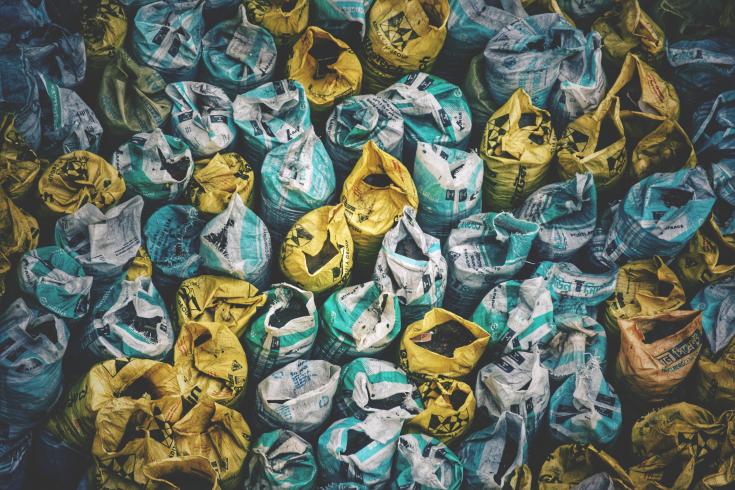Eco-innovation
There is a general recognition that production-consumption trends are putting excessive and unsustainable strain on the environment. Resource input costs are becoming volatile. EU policymakers are therefore eager to promote eco-innovation.
Eco-innovation has a broad scope. It is a response to a range of societal challenges (climate change, resource-intensive production, pollution, etc.) but there is also a strong business case for ecoinnovation.
According to the (2011) Eco-Innovation Action Plan (EcoAP)2 , eco-innovation is ‘any form of innovation resulting in or aiming at significant and demonstrable progress towards the goal of sustainable development, through reducing impacts on the environment, enhancing resilience to environmental pressures, or achieving a more efficient and responsible use of natural resources’. Eco-innovation may be technological or non-technological.
More recently, the goal of creating a circular economy has come to prominence as a systemic response to environmental constraints. According to the Eco-Innovation Observatory (2018), ‘Eco-innovation is the change implemented to achieve the aims of the EU Circular Economy agenda’. The overarching idea is to ‘decouple’ growth from resource use, thereby protecting the environment, reducing pollution, reducing business costs and developing our economies.
Policy brief on eco-innovation
Policy brief on eco-innovation
